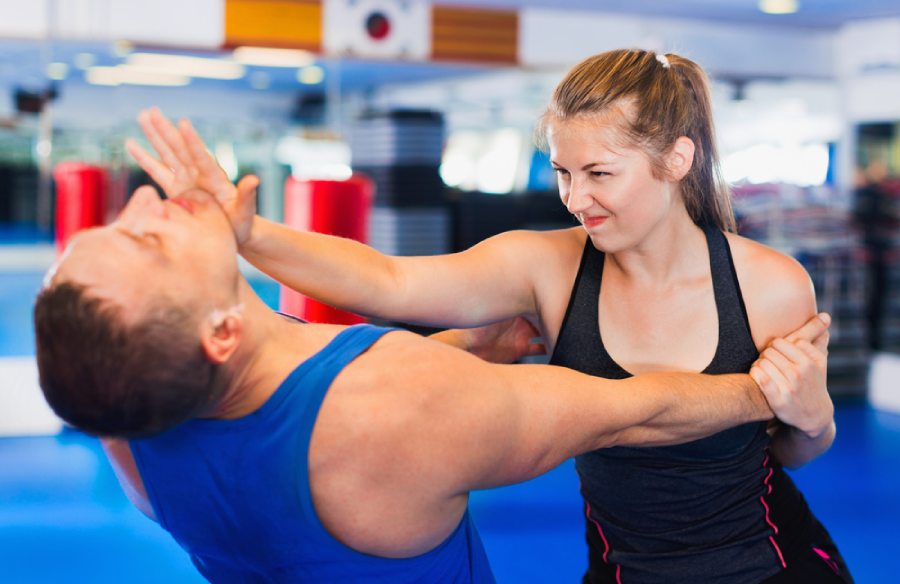In today’s world, knowing how to protect yourself is not just a skill but a necessity. Whether you’re walking alone at night, commuting to work, or simply going about your daily activities, understanding self-defense can provide invaluable confidence and safety. Here, we explore essential self defense lessons that everyone should know to empower themselves in any situation.
Understanding Self-Defense
Self-defense encompasses a range of techniques and strategies designed to protect oneself from physical harm. It’s not just about physical prowess but also about awareness, prevention, and confidence. Learning self-defense isn’t just for martial artists or law enforcement; it’s for everyone who wants to feel more secure in their daily lives.
Key Self-Defense Lessons
1. Awareness and Prevention
One of the most crucial aspects of self-defense is being aware of your surroundings. This means paying attention to people, vehicles, and potential hazards in your environment. Avoid distractions like texting or wearing headphones in isolated areas. Prevention starts with being proactive about your safety.
2. Trusting Your Instincts
Your intuition is a powerful tool in self-defense. If a situation or person feels threatening, trust your gut and take steps to remove yourself from danger. Don’t ignore warning signs or dismiss feelings of unease. Your instincts are often your first line of defense.
3. Verbal De-escalation
Not all confrontations need to escalate into physical violence. Learning how to defuse a tense situation through calm and assertive communication can prevent it from turning physical. Use clear and confident language to set boundaries and avoid provocation.
4. Basic Physical Techniques
While physical confrontation should always be a last resort, knowing basic self-defense techniques can be empowering. Techniques like striking vulnerable areas (such as eyes, nose, throat) or using joint locks and escapes can help you break free from an attacker’s grasp.
5. Practice and Preparedness
Like any skill, self-defense requires practice to be effective. Consider taking self-defense classes or workshops that teach realistic scenarios and techniques. Regular practice builds muscle memory and confidence in applying self-defense skills when needed.
6. Understanding Legalities
It’s essential to understand the legal implications of self-defense in your jurisdiction. Self-defense is typically justified when you are defending yourself from imminent physical harm. However, laws vary, and knowing your rights and responsibilities is crucial in any self-defense situation.
7. Utilizing Self-Defense Tools
In addition to physical techniques, self-defense tools such as pepper spray, personal alarms, or tactical flashlights can provide an added layer of protection. Learn how to use these tools safely and effectively, and carry them in accessible places.
The Empowerment of Self-Defense
Beyond the physical aspects, learning self-defense can profoundly impact your confidence and mindset. It instills a sense of empowerment, knowing that you have the ability to protect yourself and others if necessary. This empowerment extends beyond physical encounters to everyday life, where increased awareness and assertiveness can enhance personal safety.
Conclusion
In conclusion, self-defense is not just about learning to throw a punch or kick; it’s about equipping yourself with the knowledge, skills, and mindset to stay safe and confident in any situation. By understanding these essential self-defense lessons—from awareness and prevention to physical techniques and legal considerations—you can empower yourself and enhance your overall security. Investing in self-defense training is an investment in your safety and well-being, ensuring that you are prepared and capable of handling unexpected challenges with confidence.
Read Also:

